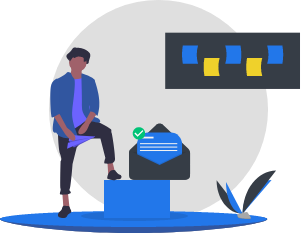It’s December again, and we are all probably planning all the good things that we are going to start doing from the next year. While plans like exercising, waking up early, or reading a book each month are all pretty standard, there is a new kind of detox that you can try this year.
A financial detox.
Much like many parts of our lives, our finances can also get messy sometimes. Financial planning is not something that most people do in routine. Money management is one of the many good habits that one should work on.
Let us learn what a financial detox is and how we can take one before this new year.
Financial detox is taking some time out to get rid of your unhealthy financial habits and streamlining all your financial documents and practices.
Have you been tracking your expenses well? Did you check your credit score this year? Do you have all your bank papers complete and up to date? Have you been saving regularly? If the answer to most of these is no, you need to get on a financial detox.
Retirement planning and money management are necessary tasks that often get put on hold because of other work. It is essential to take some time out regularly to make sure your financial health is streamlined well.
Begin by making a list of all personal finance-related tasks that you had been postponing for a long time if you do not have any pending paperwork. Move on to tracking your expenses. Look at how consistent you were and develop a system that will help you keep track of your payments regularly and efficiently. Making a budget or revising your account if you have one already is the next step. Design a budget for the next month and plan on how much your financial goal is to save. If you have one already, then review it. Look at all the places where you overspend or underspent. Make changes to the budget to further your journey towards achieving your financial goals.
While achieving your financial goals is a game of consistency, and it takes time and patience, you can use your financial detox time to speeding up the process a bit. Take a no-spend challenge and save a lot more in the financial detox month than you usually do. It could be a month of rigorous self-discipline, but if you calculate its impact on your journey and how much it will reduce your time to reach your financial goals, you will realize that it is worth it. So press the refresh button on your spending habits. Take some time out and take back control of your money.
When it comes to financial literacy, ignorance is not bliss at all. You must be aware and in control of what is happening. It is great to spend money on things you want, but remember you can spend that money only once, so make sure you spend it on something you want.





